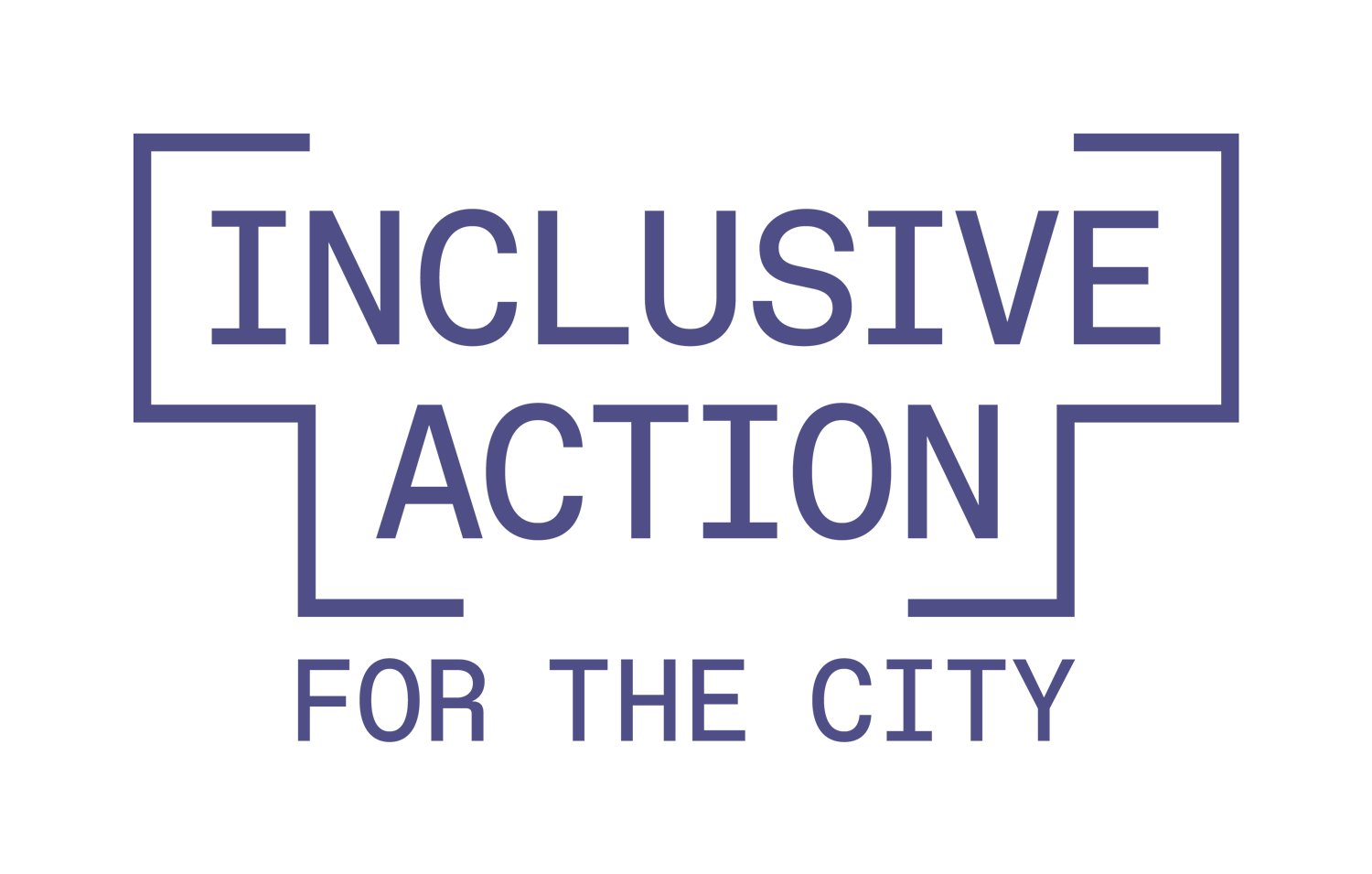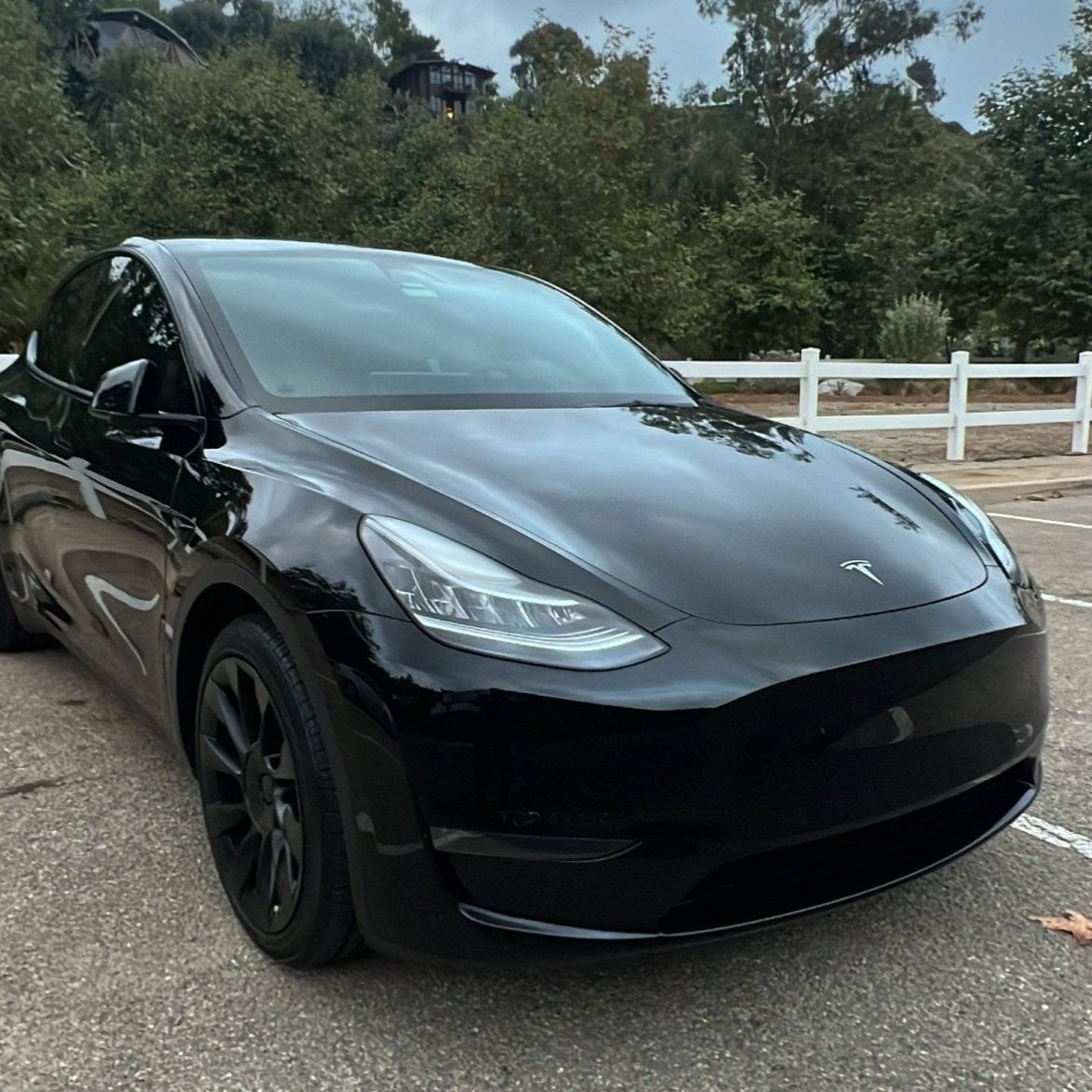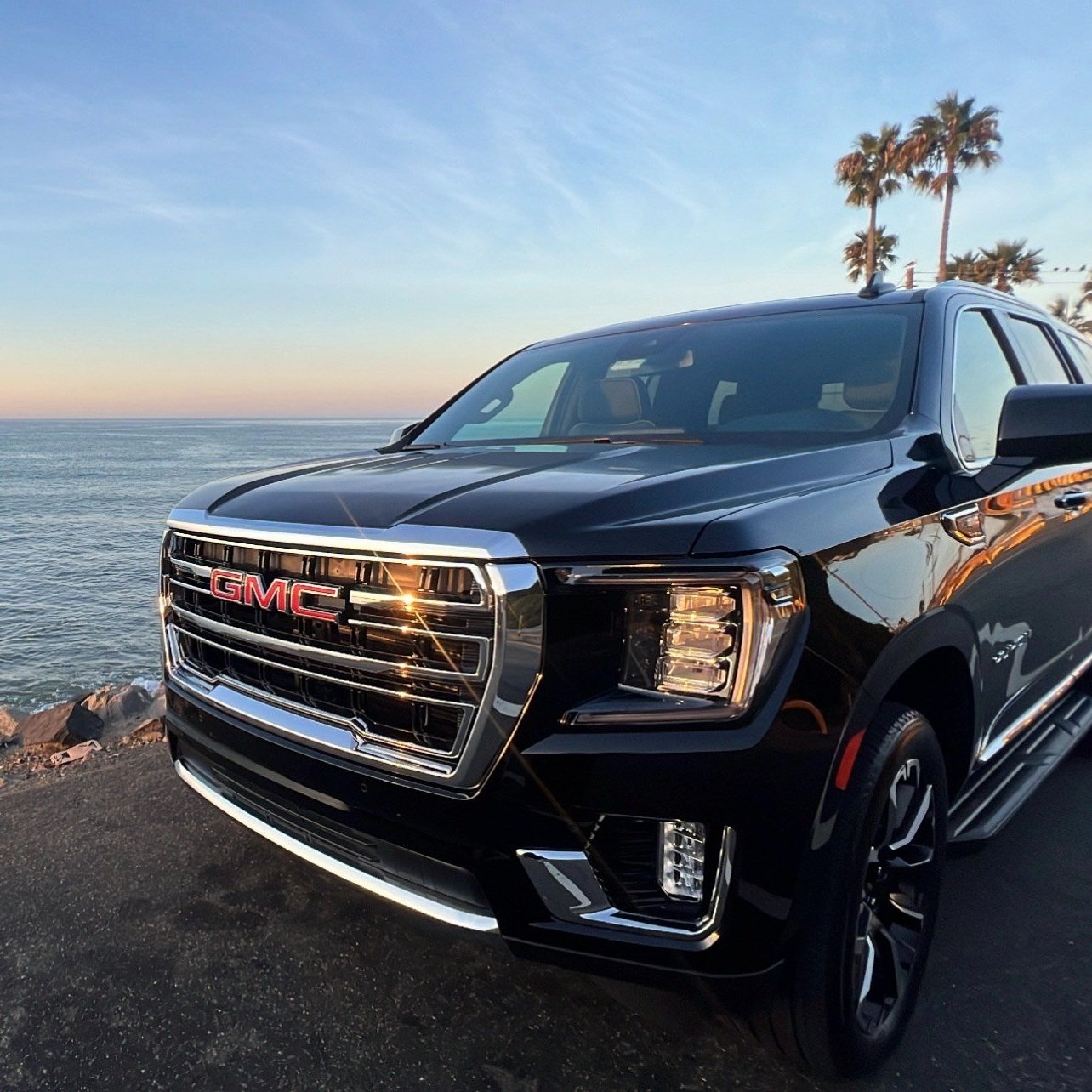From Existing to Thriving: Taraneh Lipscomb’s Dream Comes True
By Sharon Senko, Underwriting and Technical Assistance Associate
Taraneh Lipscomb felt that she just existed and did not live.
“I was tired of trading my time for money,” she told me.
Taraneh worked as a mental health therapist for many years, and she burned out when the COVID pandemic took over our lives.
But the 34-year-old had a dream itching away at her to have her own small business. A former patient from her time as a therapist referred her to Inclusive Action.
“Inclusive Action was a savior,” said the former Army staff sergeant, who served in the military for six years.
She and her husband, Obi, opened De Winston Enterprise, an executive and luxury transportation car service, in June of 2022, operating under a third-party carrier. Thanks to a $25,000 loan from our Semi'a Fund, they could obtain their own license and operate independently, allowing their revenue to grow.
The Semi’a Fund (seed fund) is a micro-loan program providing entrepreneurs with low-interest loans. A Semi’a Fund loan is designed to support business owners who cannot secure capital from traditional lenders yet require support growing or formalizing their business. Our advocacy work alongside street vendors inspired the fund. We look at the whole person, not just their credit score because people are more than numbers.
Taraneh received the Tierra loan*, a low-interest (3%) loan specifically for equipment and inventory. In addition to the loan, she also receives business coaching. Our business coaches walk entrepreneurs through essential elements of running a business, including creating a budget, marketing, writing a business plan, setting prices, and more. Inclusive Action also offers the Business Coaching Curriculum, a free tool.
Taraneh and Obi have three cars to shuttle people from Las Vegas to San Diego, Los Angeles, and beyond. They offer people a selection from a Tesla, a GNC Yukon, and a BMW.
“Inclusive Action was the best option,” she told me in a quiet and reflective tone.”No one wanted to put their trust in us and give us an opportunity to start a new business.” She added that the process was easy to understand.
“It feels right,” she added. “Now I have freedom and decide where I’m going today. I’ve been searching for this freedom for a long time.”
She named the business after her beloved dachshund and beagle mix dog, Winston.
Lipscomb’s dachshund beagle mix, Winston.
Now, the entrepreneur has time to pursue her passion for traveling. She’s been to Nigeria, London, Paris, Jamaica, and Alaska and is excited to explore more places.
Countless people dream of building their own business, just like Taraneh
Black business owners receive less business financing, less often, and at higher rates.
The racial funding gap is very real. Federal Reserve numbers show that 80.2% of white business owners receive at least a percentage of the funding they request from a bank. Only 66.4 percent of BIPOC (Black, indigenous, or people of color) business owners can say the same. When BIPOC-owned firms do get funding, the amounts tend to be about $30,000 less than comparable white-owned businesses, while their interest rates are about 1.4 percent higher.
Nearly 40 percent of Black business owners say they are discouraged from applying for loans.
They don’t apply for loans because they believe they would be turned down even if they did. Just 12.7 percent of white business owners feel the same way.
Inclusive Action is a community development financial institution committed to providing access to capital to advance economic justice.
If you want information on our loans, please contact Jacqueline Ramales at jacqueline@inclusiveaction.org or 323-523-9841.
*The Tierra loan is possible thanks to the support of LISC and Wells Fargo.





